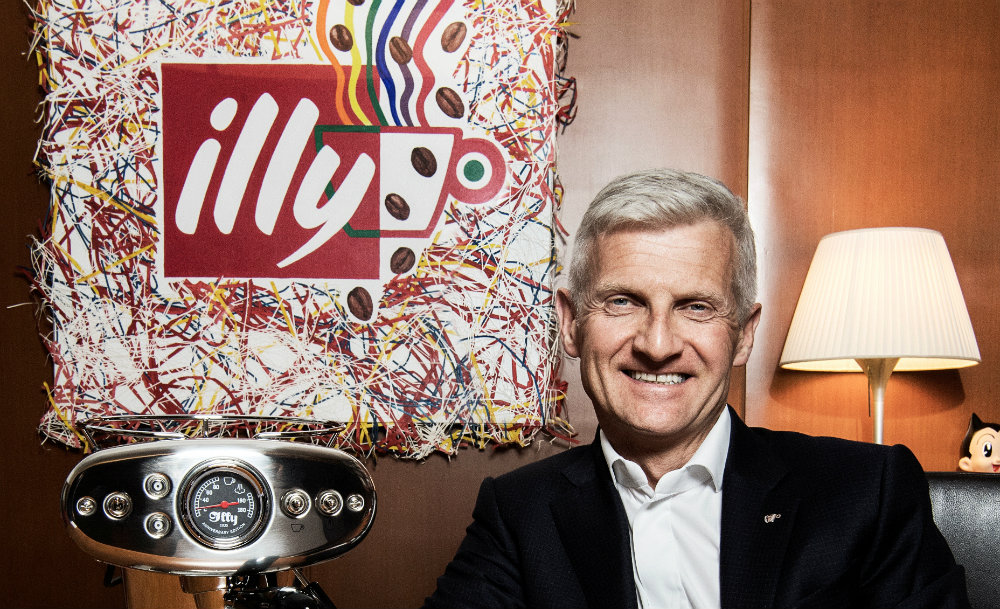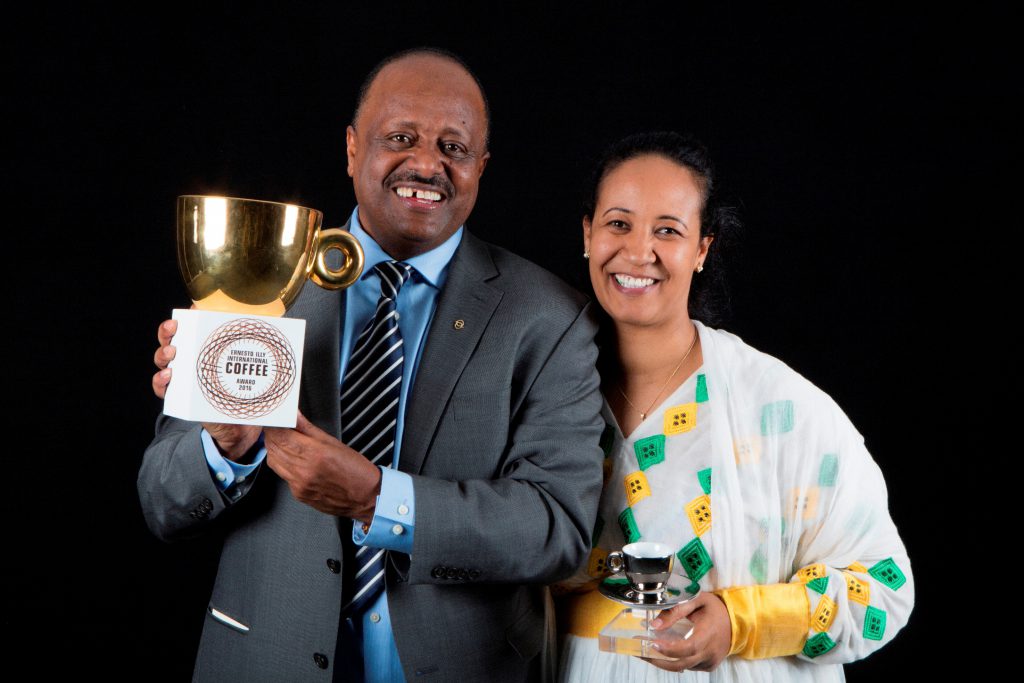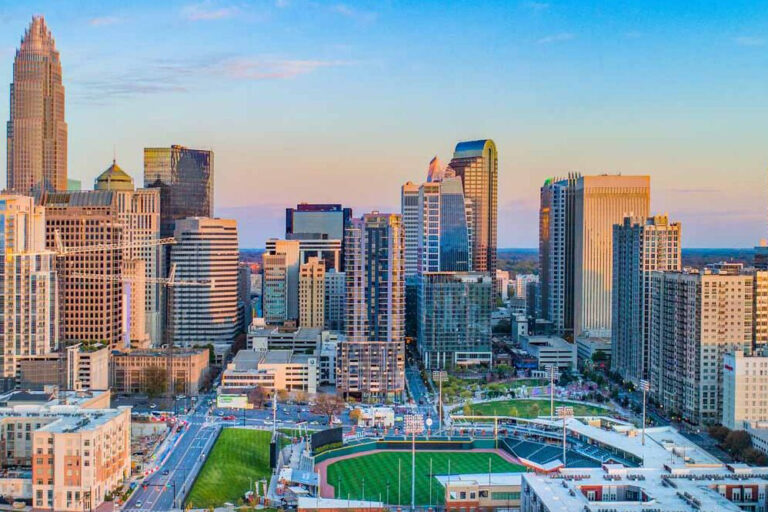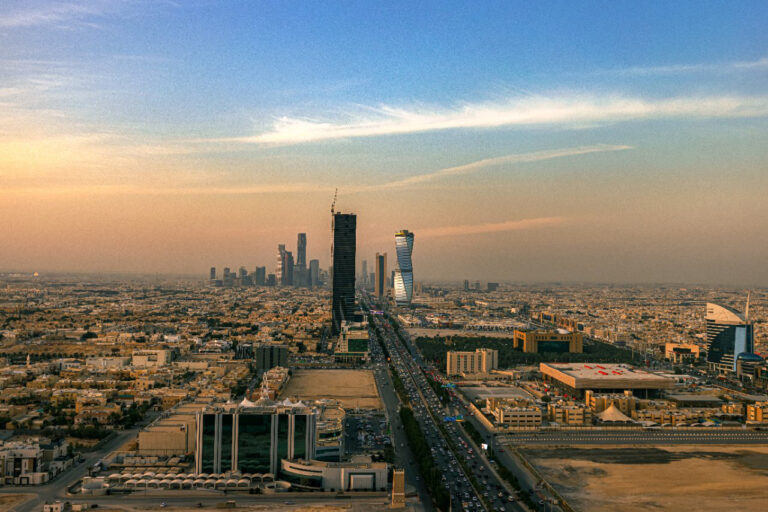What is the role of innovation in today’s coffee industry?
So far, innovation has been driven towards increasing the quality, the health factor and the sustainability of coffee. Up to 20 years ago, coffee was just a commodity: the quality was so-so, and price was the main driver. There were sustainability issues, particularly environmental and social. The situation has improved dramatically thanks to innovation. The quality of coffee is much improved now, thanks to innovation in agricultural practices.

Preparation has advanced, thanks to innovation in equipment technology, which also includes industrial processing. Furthermore, scientific research has shown that coffee can be healthy, limiting possible factors in the product that might be detrimental to consumers.
Coffee has recently been reclassified as non carcinogenic by the IARC, the International Agency for Research on Cancer, which is part of the World Health Organization. Last but not least, agricultural innovation has increased productivity; we now produce 50% more coffee than we produced 15 years ago.
Looking specifically at Illy, what role has innovation played in the growth of your business?
Illy was born from a dream of offering the greatest coffee to the world. This dream led to the mission of the company, which has three pillars: providing the best coffee nature can offer, enhancing it with the best technology and showcasing it with the beauty of the arts. Since the founding of the company, innovation was at the center of the strategy. Eighty-three years ago my grandfather, who founded Illy, had the patent for the pressure espresso. In order to improve the quality, aroma and flavor of a coffee that already existed, he added pressure to espresso.
This was our first innovation. The second innovation, a radical one, is the pressurization of the packaging: it helps not only to preserve the aroma of the product, but also enhances it. The third radical innovation is the very first portionate system in the market: our paper easy-serving espresso pods (E.S.E), which have allowed us to conquer the American market. We were the only company with the capacity to offer an easy-to-use system nationwide in the U.S. This allowed us to enter into high-end hospitality, restaurants and cafes, which contributed to the success of espresso there.
“We are coming up with new technologies, for instance for allowing customization of personal blends. Innovation drives sales, because it results in superior quality, customer satisfaction and increases in sales.” Andrea Illy
Our own University of Coffee is aimed at increasing knowledge about coffee and also sharing this knowledge with our stakeholders, particularly consumers, customers and suppliers. Since the inception of the university, more than 160,000 people have been trained there.
How do you see the fourth industrial revolution transforming the coffee industry and how are you preparing for this at Illy?
We are now living in a systemically unsustainable world: nothing is sustainable. The economy is completely unsustainable, and is only maintained by increasing debt. There is a big problem with employment. Society is also unsustainable due to intolerance and large disparities, which keep increasing in the world. Last but not least, the environment is completely unsustainable with global warming.
The world we are living in is extremely complex, but it is a chaotic system. One of the key paradigms of chaos is that it can organize itself whenever it encounters an attractor. What is an attractor? The fundamental need for clean energy. We all know that we won’t see out the century if we don’t turn to clean energy. Clean energy will trigger a huge investment phase, because it impacts every basic element of our lifestyle; I think that will happen in the next two decades. Once we reach a lower cost with renewable energy compared to fossil fuels, we will be there. Then there will be a new industry to clean up the damage we did in the last century: cleaning the Earth from carbon, cleaning the soil and waters.
This will also impact the coffee industry. The main challenge of coffee in the next decades will be adapting to the effects of climate change. Before we can fix the problem, we will need to manage the effects of the problem. In order to quadruple productivity, as a consequence of climate change we will need to change the agronomical practices to more adaptive agriculture. These are things that already exist in other crops, but need to be adapted to coffee. Then we will need to develop new cultivars. For that, Illy has been leading the consortium that is finalizing the Arabica genome – Arabica being the best coffee and the most threatened by climate change.
Once we have finalized the genome, we will be able to accelerate the development of new cultivars that are more adapted to the effects of climate change. Last but not least, we will also need to migrate the cultivations. There is a lot of work to be done, and I am now proposing a global Arabica plan to the coffee community, a public-private partnership for leading three key activities, which are fund raising, knowledge transfer and coordination. I hope it will happen.

What is Illy doing to create social and environmental value in the areas in which you operate?
Illy has been the pioneer of direct sourcing from coffee growers. 100% of the beans that we buy are directly sourced. We know exactly where the coffee comes from. The sourcing process is divided into three steps; selection, education and loyalty (or fidelity program). The blend is made from nine countries and the three best producers or growers from each of the nine countries will be awarded an international award in New York. This is an initiative that allows us to nurture a continuous relationship with growers.
We have a club of 800 growers working on an ongoing basis with us. This allows us to monitor their livelihood, education and investments, and help them improve sustainability. The growers are the most important community in the process because they are at the beginning of the value chain and because, in most cases, they are in developing countries.
How important are innovation and sustainability to your super-premium brand, particularly as you expand into developing markets and the B2C sector?
Companies are not just profit machines, they are communities for improving society and the quality of life of people. We have a clear hierarchy: customers first, then colleagues, suppliers, communities and, last but not least, the shareholder. The shareholder is there to support the business, not to exploit it. With this philosophy in mind, how can you not be sustainable?
We have two values: one is the passion for excellence, which we understand as love for beauty and things done well; the other is ethics, which we understand as long-term value building through transparency, sustainability and development. We pursue social sustainability through the concept of growth, mainly of knowledge, and environmental sustainability through the concept of respect, which of course means no pollution, no waste and using renewable resources.
With this in mind, Illy has a fully audited supply chain from the plant to the cup aimed at certifying that the whole process is sustainable. As a consequence of this system, we have been recognized as the most sustainable coffee company in the world by International Consumer Research and Testing, a kind of federation of consumer associations of over 40 countries.
What lessons can other companies learn from Illy at the World Economic Forum?
Of course I have no lessons to give, but I’m pleased and proud to share my philosophy. Businesses are the foundation of society, so let’s start improving and changing our businesses. 90% of the GDP, 90% of employment and 90% of innovation are made by the private sector. It’s like a metaphor: families are the bricks with which you create walls, which are the companies. And with the walls you create palaces, which are societies, countries and so on. Entrepreneurs have a very strong impact on society, whatever they do. Leadership and consciousness about this huge responsibility is important, along with the knowledge of how to make change happen. This is my philosophy![]()









